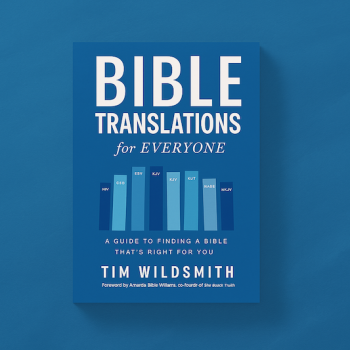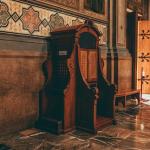Matthew Levering ( Scripture and Metaphysics ) argues that God’s self-knowledge and His knowledge of creation stand and fall together. If His knowledge of the latter is limited, so is His knowledge of Himself: “Could God perfectly comprehend himself if he did not comprehend to what his power extends? In other words, could sheer Act comprehend himself if he did not know all the finite modes in which he could, as cause, share his existence? Could a cause know himself... Read more



















